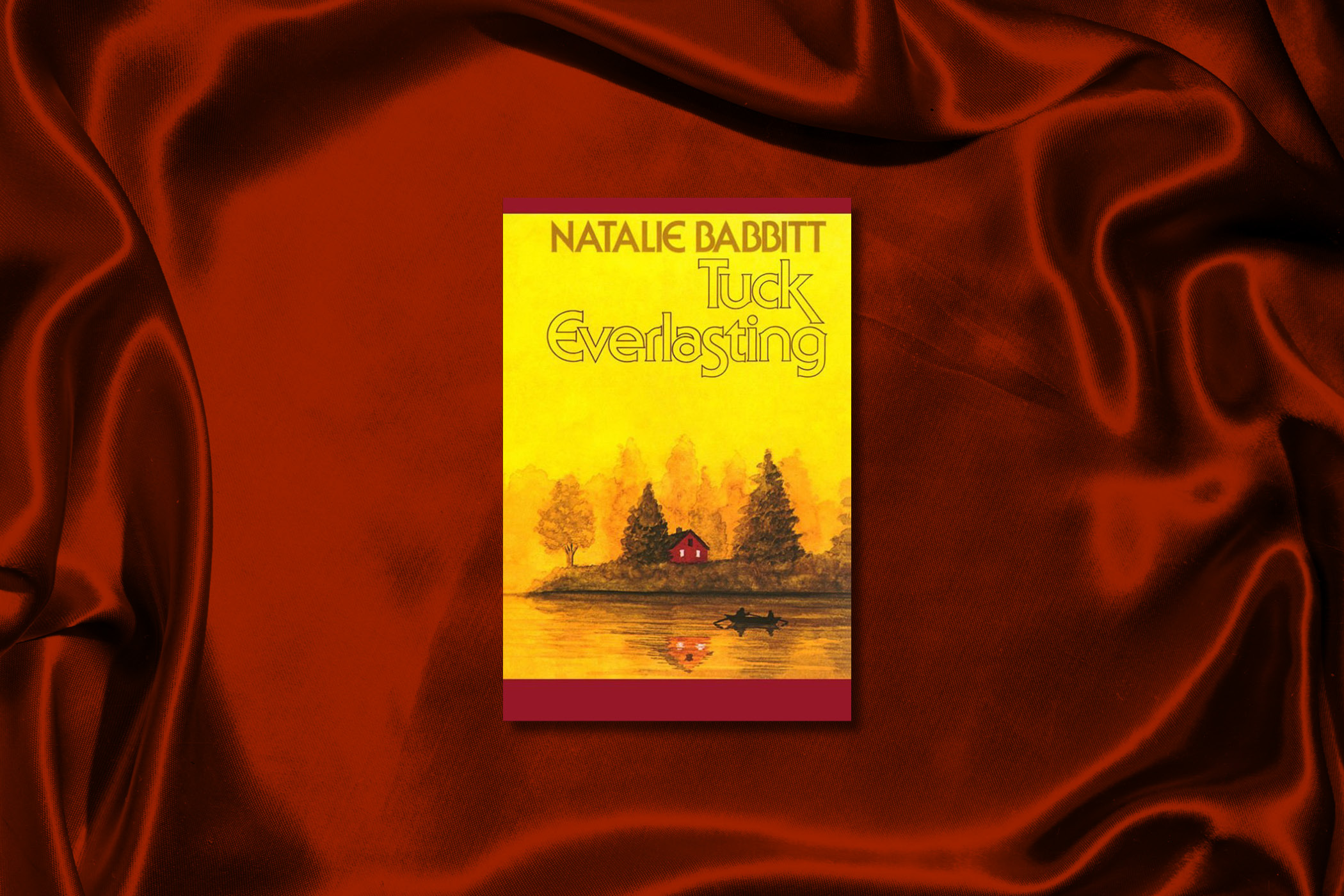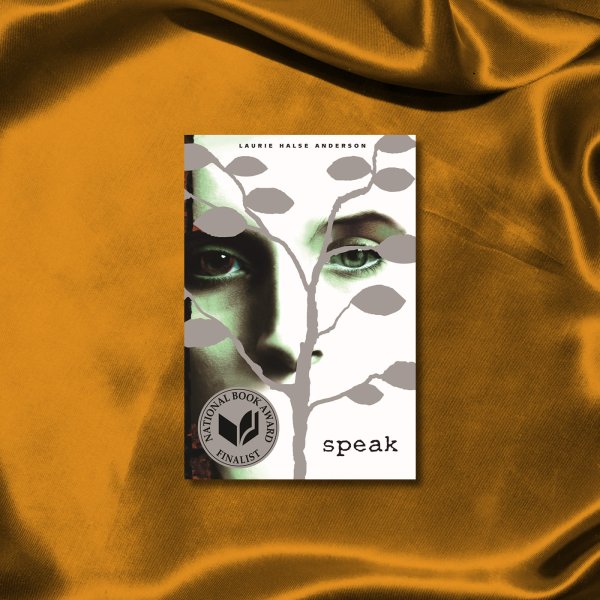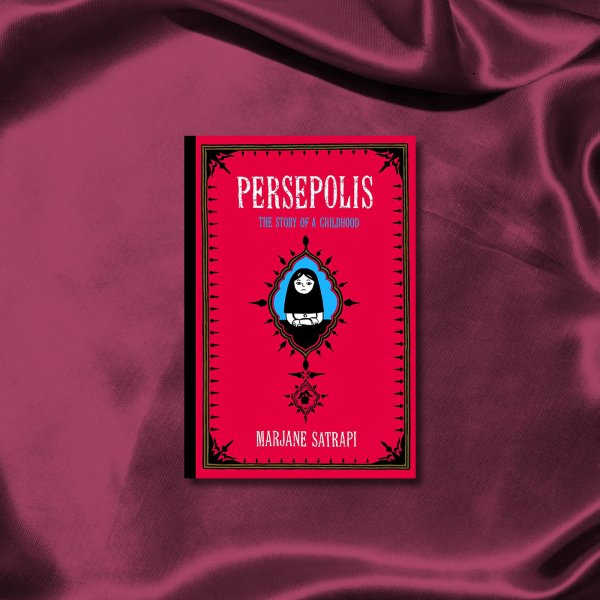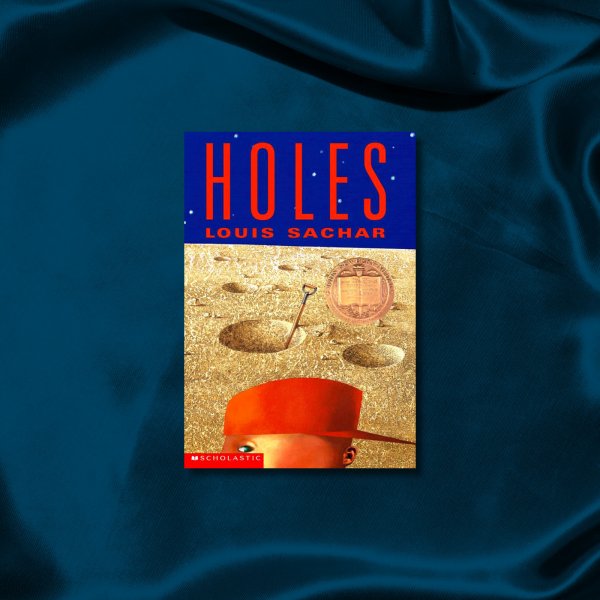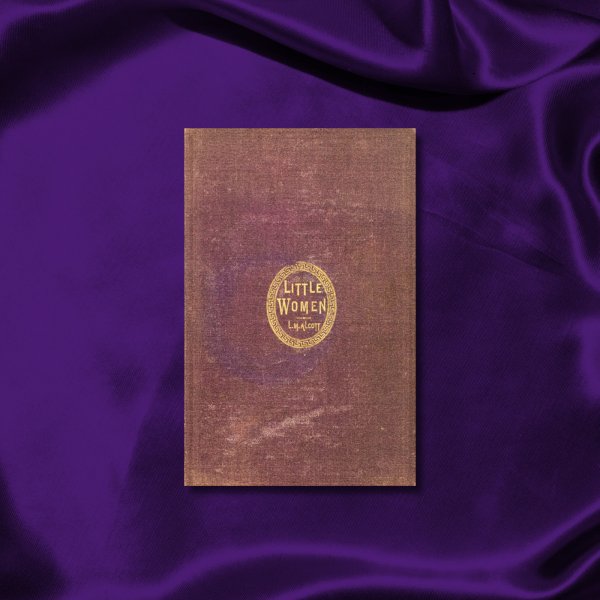Whether prompted by the loss of a grandparent or a pet guinea pig, it is a natural phase of any child’s development to attempt to make sense of death. Unfortunately, it’s a topic which many adults feel ill-equipped to discuss with young people—perhaps because we’re still grappling with it ourselves. In writing Tuck Everlasting, which was published in 1975 and has since won many awards, had two movie adaptations and been translated into 27 languages, Natalie Babbitt cut through the taboo and gave young readers a story through which to wrestle with these questions and fears. The Tucks, a family that gained immortality after drinking from a powerful spring on young Winnie Foster’s family land, strive to hide their secret from opportunists looking to make a buck off of the elixir. As Winnie gets to know them, she learns formative lessons about her own mortality. While the dream of never-ending life might seem a comfort, the Tucks’ suffering helps Winnie—and, by extension, the book’s generations of young readers—come to see that life’s value is derived largely from its ephemeral nature. —Eliza Berman
Buy Now: Tuck Everlasting on Bookshop | Amazon
- Cybersecurity Experts Are Sounding the Alarm on DOGE
- Meet the 2025 Women of the Year
- The Harsh Truth About Disability Inclusion
- Why Do More Young Adults Have Cancer?
- Colman Domingo Leads With Radical Love
- How to Get Better at Doing Things Alone
- Michelle Zauner Stares Down the Darkness
